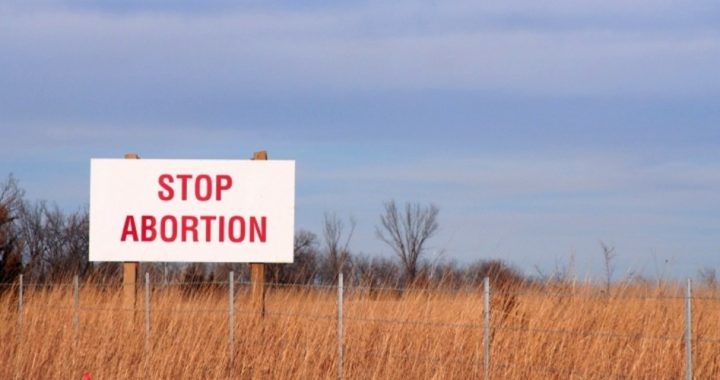
A bill to create a buffer zone, free of protesters, around the entrance of abortion clinic sites drew an overflow crowd to a hearing room at the Legislative Office Building in Concord, New Hampshire, Tuesday, as “pro-life” activists argued the bill violated their freedom of speech, while “abortion rights” advocates claimed the legislation was necessary to guarantee safe and unimpeded access to the facilities. People on both sides of the debate filled the seats and stood along the walls of the hearing room before a partition was removed to double the size of the room, the New Hampshire Union Leader reported. More than 40 people signed up to testify, while others watched and listened to the arguments presented to the House Judiciary Committee. The state Senate had passed the bill by a vote of 15-9 in February.
The bill stipulates that no one “shall knowingly enter or remain on a public way or sidewalk adjacent to a reproductive health care facility within a radius of 25 feet of any portion of an entrance, exit or driveway” of the facility. Employees “or agents of such facility” are exempted from the ban when “providing patient escort service only.” Police, firefighters, and other public officials “acting within the scope of their employment” are also exempted, as are persons passing through the zone en route to another destination. Unauthorized entry or loitering within the zone would be a violation, subject to a $100 fine for repeated offenses.
The bill’s “Statement of Findings and Purposes” states that recent demonstrations “have resulted in the fear and intimidation of patients and employees of these facilities,” as well as intimidation of people at adjacent homes or businesses, claims contested by some of the activists who stage prayer vigils outside the clinics and attempt to persuade women entering and leaving the facilities to choose life rather than abortion for their pre-born children.
“We have to pledge that we won’t harass people and I’ve never witnessed anyone being harassed,” said Sister Mary Rose Reddy of the Daughters of Mary in Rochester. The prayer vigils and the counseling of women at the entrances of clinics have been effective in preventing abortions, she said. “I believe as an American citizen, I have the right to walk where I want and pray where I want,” Sister Reddy told the panel. “In the state of New Hampshire, where our motto is ‘Live Free or Die,’ I ask you to support our freedom of speech and assembly.”
Supporters of the bill claimed the protective zones are necessary for safety at the clinics where patients have been victims of “verbal assault, physical obstruction, death threats, anthrax scares and arson,” according to Laura Thibault, executive director of NARAL- Pro Choice New Hampshire. Sen. Donna Soucy (D-Manchester) said the bill is “very narrowly tailored to ensure the entrance and the area around it will be open to traffic,” she said. The voices of abortion opponents “can still be heard and their signs can still be read.”
A portion of the public sidewalk would be off limits to abortion opponents but open to the clinic “escorts” who are there to guide and encourage women to enter the facilities to receive its “reproductive healthcare.” The bill’s effectiveness as a safety measure is also questionable, since a zone extending out 25 feet from the entrance to a clinic site might leave the protesters in the middle of the road. Greg Salts, who lives directly across the street from the Planned Parenthood facility in Manchester, told the committee that the legislation would likely force demonstrators to stand across the street from the facility, where they would be holding their signs directly in front of his house, creating the appearance that he is being picketed as an abortion provider.
“I don’t see why one business should be able to dictate where people can stand in the neighborhood,” Salts said. “A 25-foot buffer is overkill.”



